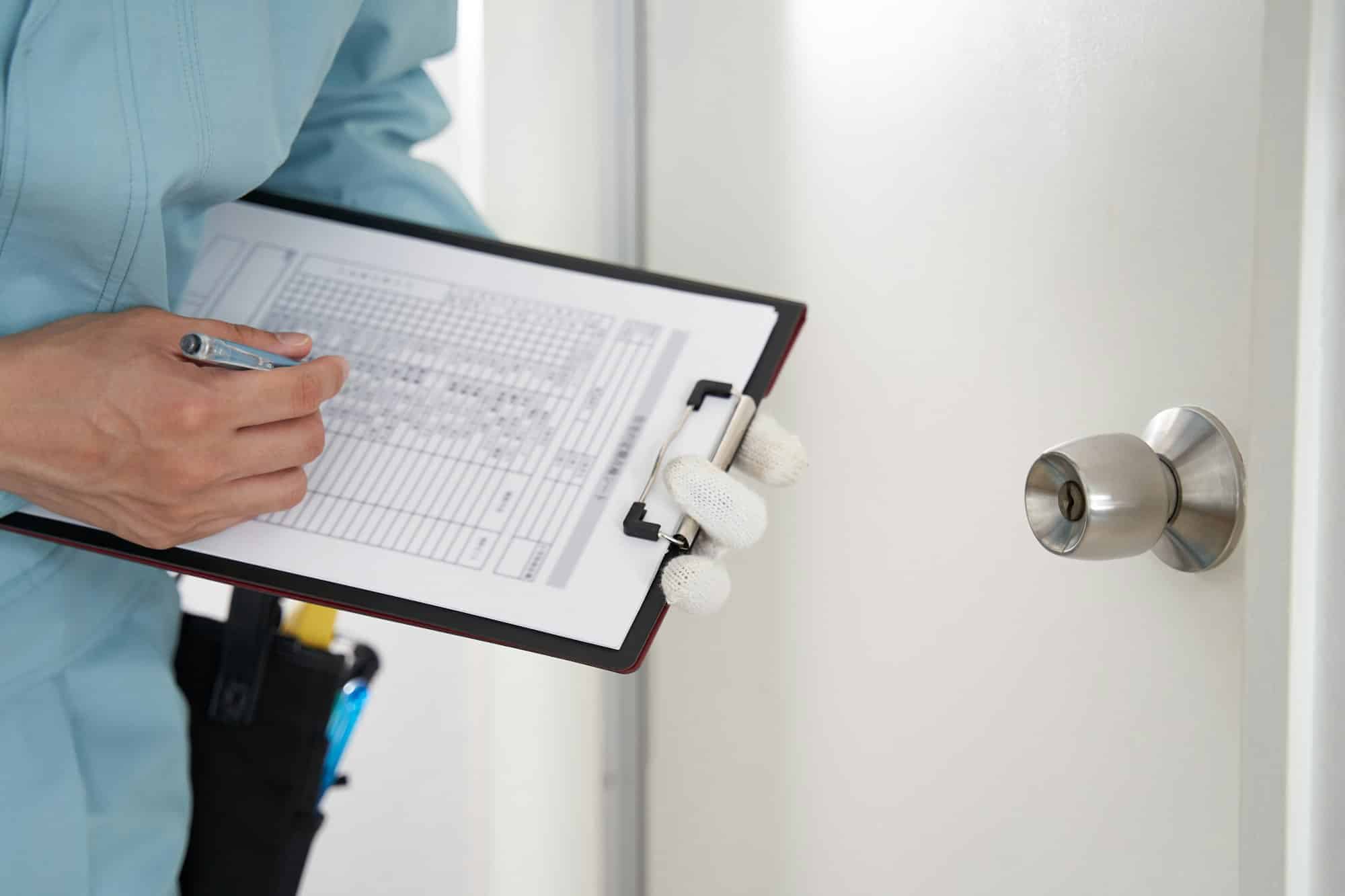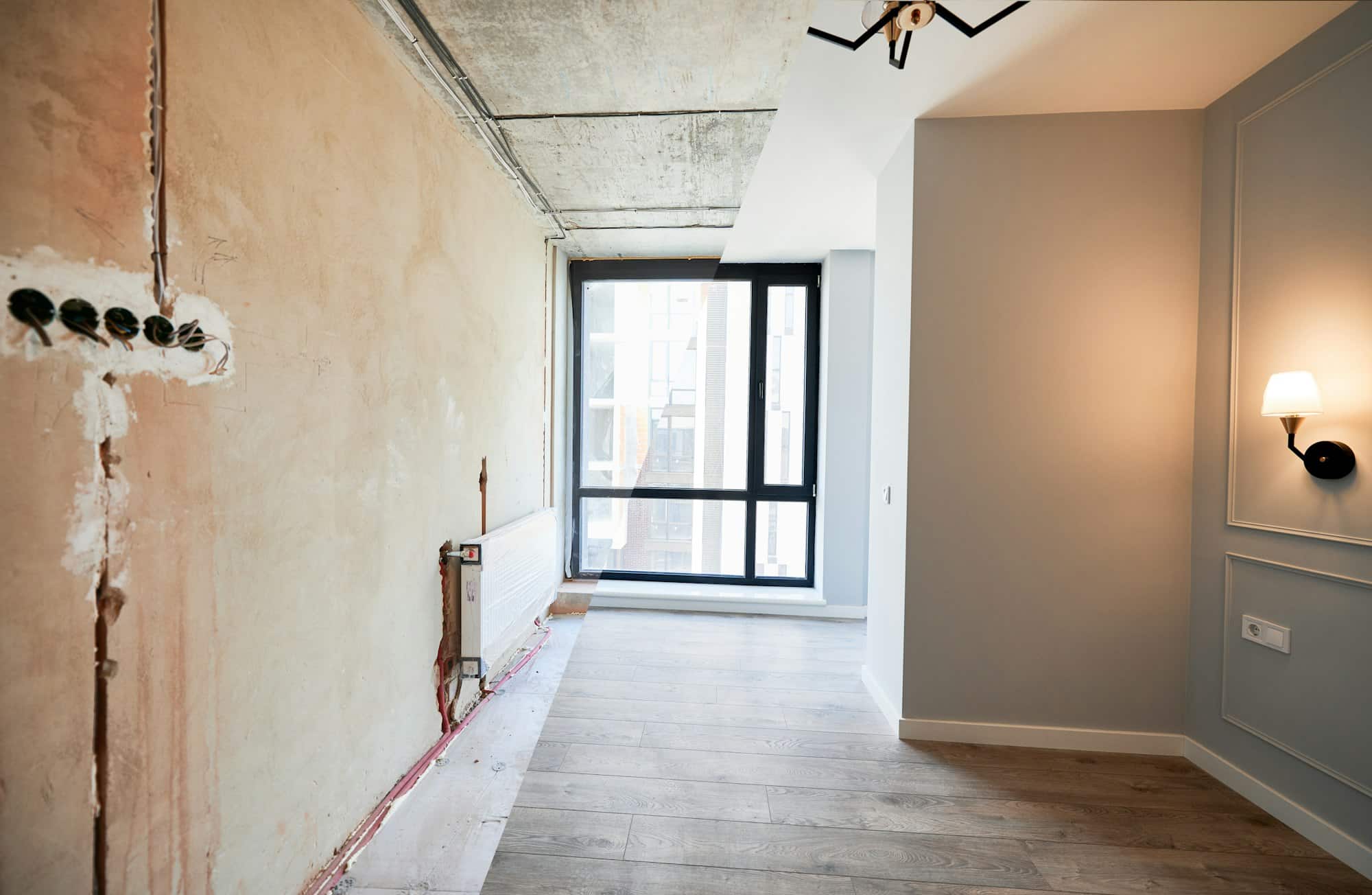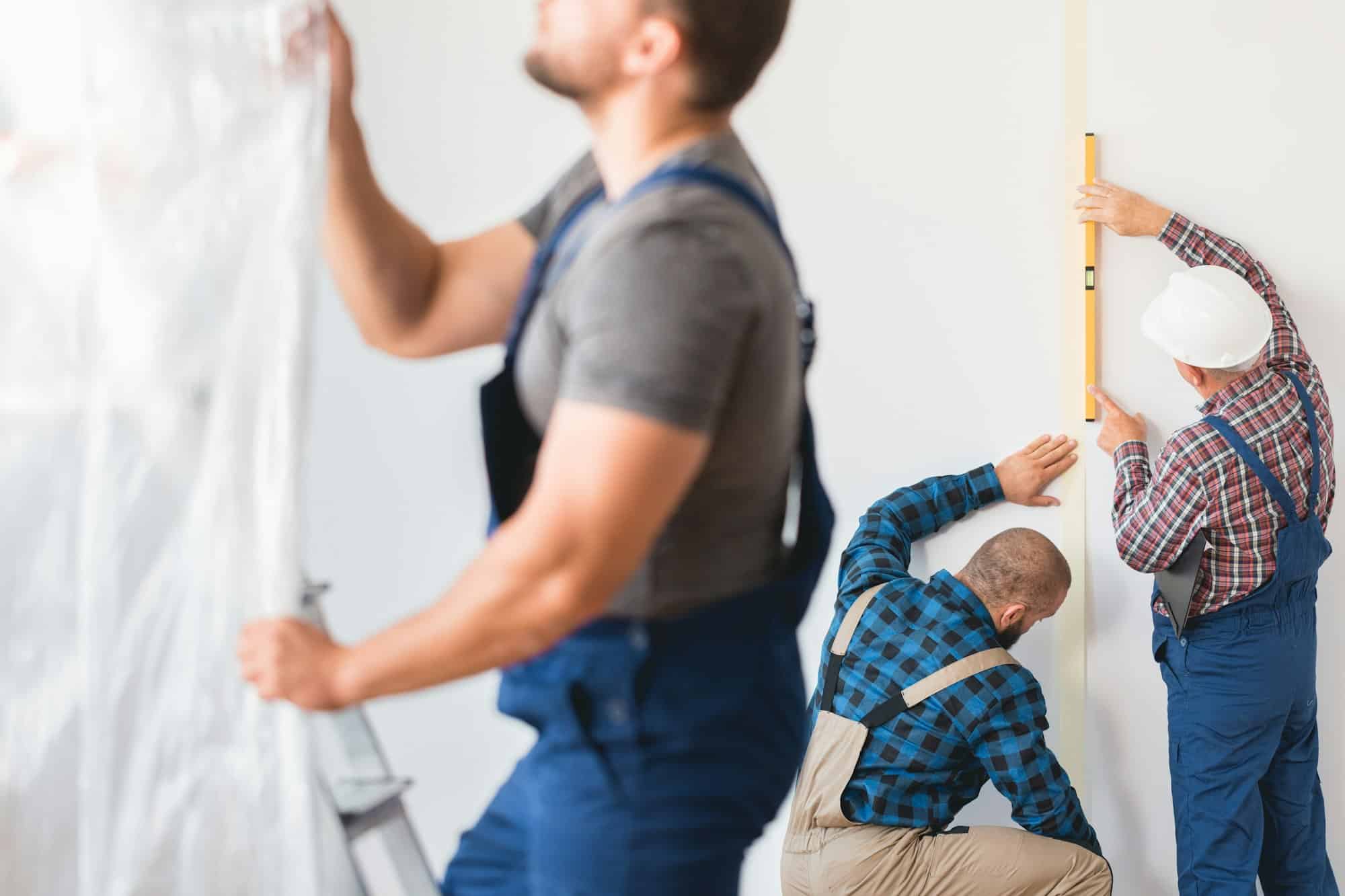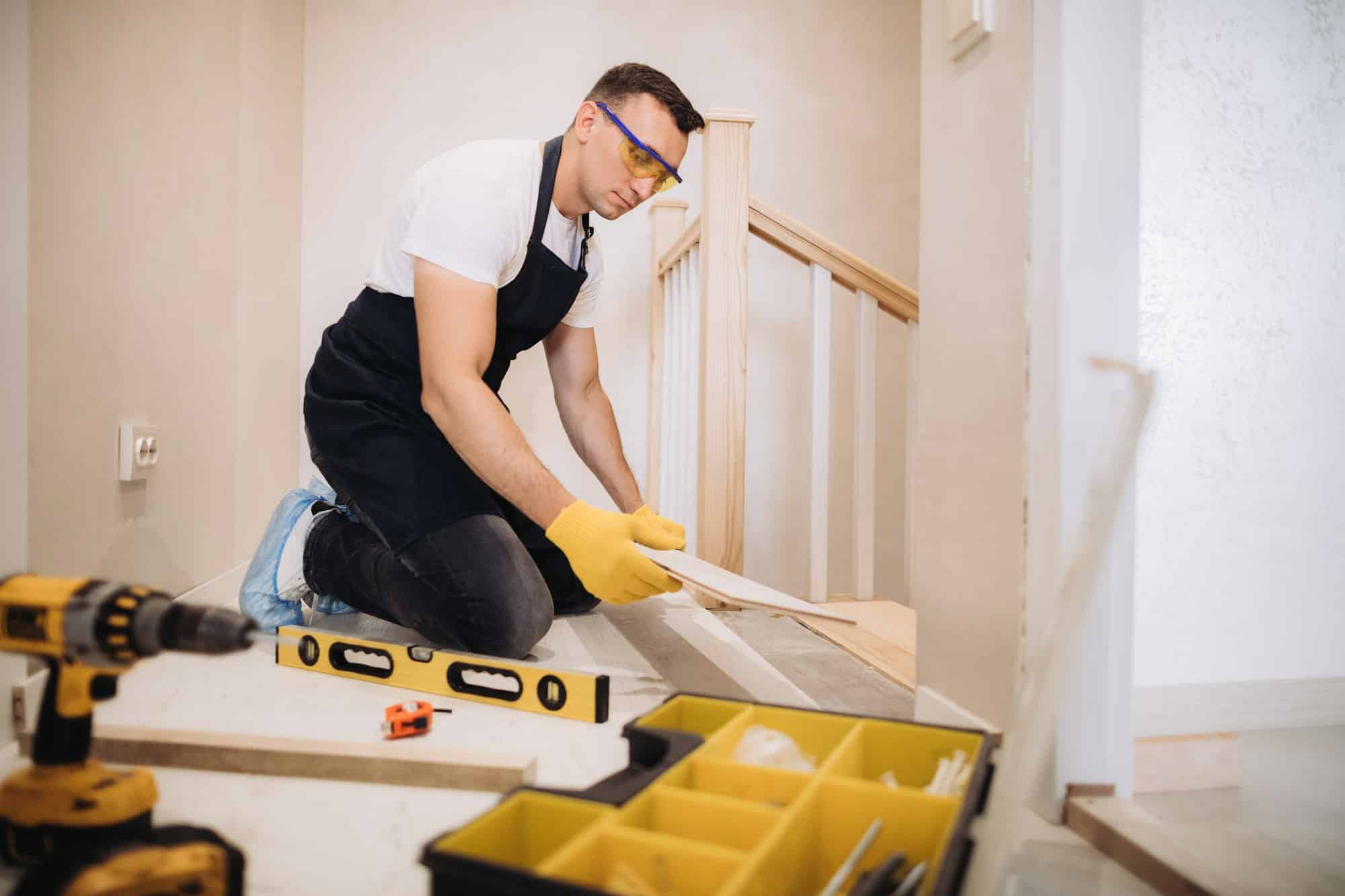Understanding the Importance of Home Inspection Before Renovation
Before embarking on a home renovation journey, conducting a thorough home inspection is a critical step that can save time, money, and potential headaches. This article will delve into the importance of a pre-renovation home inspection, highlighting key areas that need assessment and common issues that might arise.
Key Areas of Focus During a Home Inspection
Structural Integrity
Evaluating the structural integrity of your home should be a top priority. Inspectors will assess the foundation, load-bearing walls, beams, and the overall framework to ensure they can support the planned renovations. Any signs of cracks, sagging, or water damage should be addressed promptly to avoid compromising the stability of the structure.
Electrical Systems
An outdated or faulty electrical system can pose serious safety risks. Inspectors will check the wiring, circuit breaker panels, outlets, and fixtures to ensure they meet current safety standards. Upgrading your electrical system not only ensures safety but also accommodates the increased demands of modern appliances and technology.
Plumbing
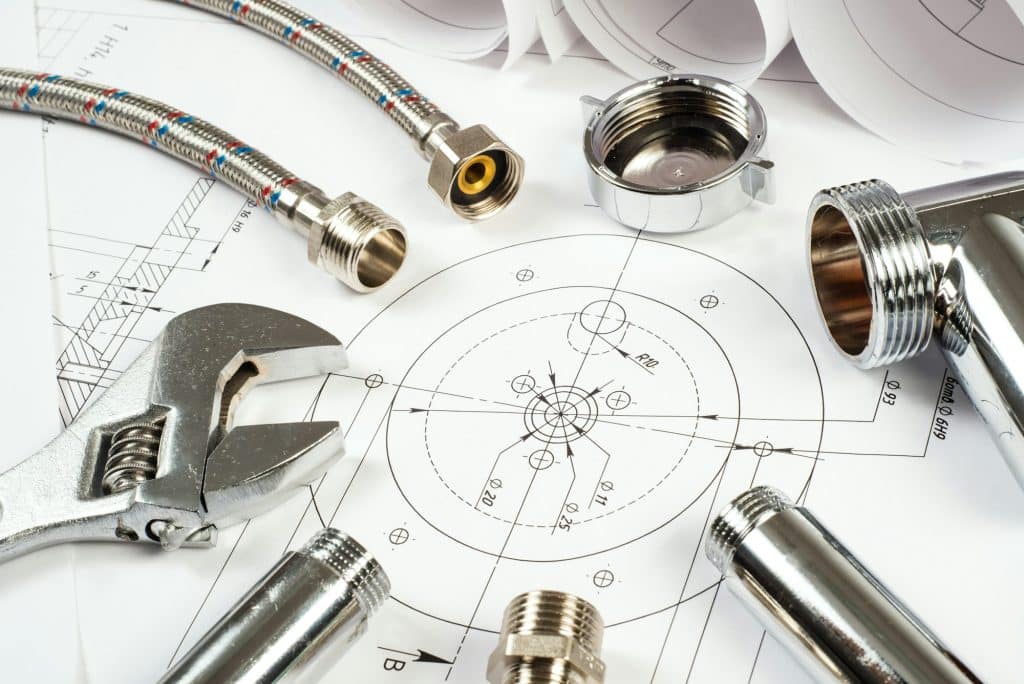
Inspecting the plumbing system is essential to avoid leaks, blockages, and water damage. Inspectors will examine pipes, water heaters, fixtures, and drainage systems. Identifying and addressing plumbing issues before renovation can prevent costly repairs and interruptions during the project.
Roofing and Insulation
The roof and insulation play a critical role in protecting your home from weather elements and maintaining energy efficiency. Inspectors will look for signs of wear and tear, leaks, and insulation deficiencies. Addressing these issues can improve your home’s comfort and reduce energy costs.
Pest Infestation
Pests can cause significant damage to a home’s structure and pose health risks. A thorough inspection will identify signs of infestations such as termites, rodents, or insects. Taking preventive measures and eradicating pest problems before renovation can save you from costly repairs and health issues.
Common Issues Found During Home Inspections
Mold and Mildew
Mold and mildew thrive in damp environments and can cause health problems. Inspectors will check for signs of mold in basements, attics, bathrooms, and other areas prone to moisture. Addressing mold issues requires professional remediation to ensure a safe living environment.
Asbestos and Lead
Older homes may contain asbestos in insulation and lead in paint. Both substances are hazardous and require specialized removal procedures. An inspection will identify the presence of these materials, allowing for safe removal and compliance with health regulations.
Foundation Problems
Foundation issues such as cracks, settling, or shifting can compromise the entire structure. Inspectors will assess the foundation’s condition and recommend necessary repairs. Addressing foundation problems early can prevent further damage and costly repairs in the future.
The Inspection Process: What to Expect
Hiring a Qualified Inspector
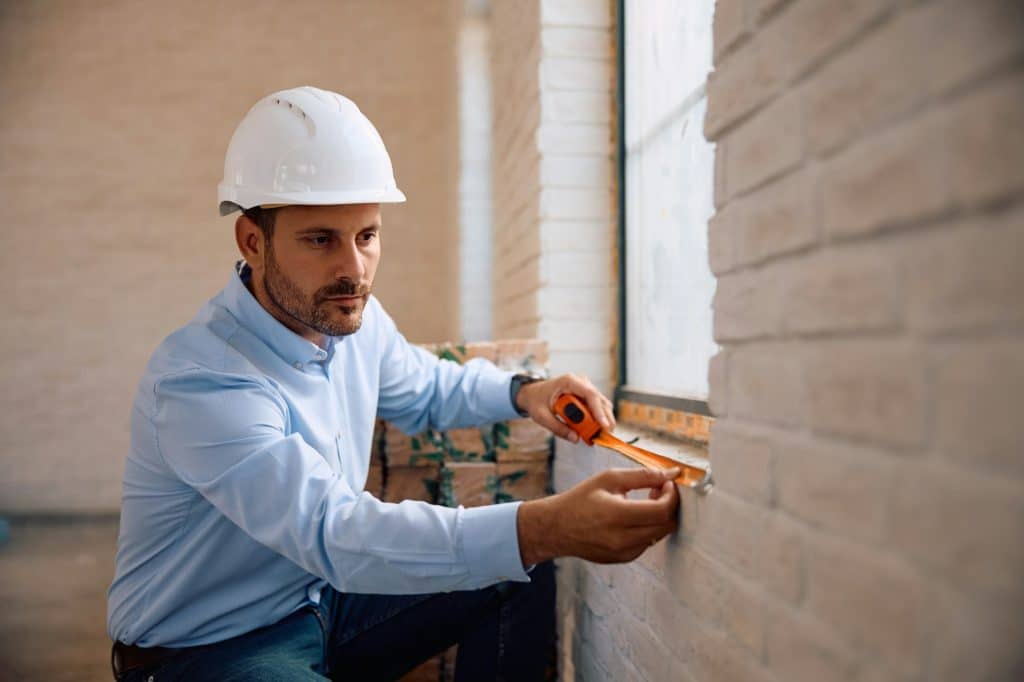
Choose a licensed and experienced home inspector to conduct the assessment. Look for inspectors with good reviews and credentials from reputable organizations.
Detailed Inspection Report
After the inspection, you will receive a detailed report outlining the findings and recommended actions. The report will help you prioritize repairs and plan your renovation accordingly.
Follow-Up Inspections
If significant issues are found, follow-up inspections may be necessary after repairs are made. This ensures that all problems are adequately addressed before proceeding with renovations.
Frequently Asked Questions (FAQs)
1. Why is a pre-renovation home inspection necessary?
A pre-renovation home inspection identifies existing issues that could affect the renovation process. It ensures the structural integrity and safety of the home, prevents unexpected delays, and helps you budget for necessary repairs.
2. How much does a home inspection typically cost?
The cost of a home inspection varies based on the size and type of the property. On average, you can expect to pay between $300 and $500. However, this investment can save you from costly repairs and surprises during the renovation.
3. Can I perform a home inspection myself?
While you can perform a basic inspection yourself, it is advisable to hire a professional inspector. Professionals have the expertise and tools to identify hidden issues that a layperson might overlook.
4. How long does a home inspection take?
A typical home inspection takes about 2-4 hours, depending on the size and condition of the property. Complex properties or those with extensive issues may take longer.
5. What should I do if major issues are found during the inspection?
If major issues are found, prioritize repairs before starting the renovation. Consult with specialists for areas like structural repairs, electrical upgrades, or mold remediation to ensure the issues are resolved correctly.
6. Is it necessary to inspect a newly purchased home before renovation?
Yes, even newly purchased homes should be inspected. Previous owners may have overlooked or been unaware of certain issues. An inspection ensures you start your renovation with a clear understanding of the home’s condition.
7. How often should home inspections be conducted?
It is recommended to conduct a home inspection every few years and before any major renovations. Regular inspections help maintain the property’s condition and address minor issues before they become major problems.
8. What are the potential risks of skipping a home inspection before renovation?
Skipping a home inspection can lead to unexpected structural issues, safety hazards, and increased renovation costs. Unidentified problems can cause delays and additional expenses, ultimately impacting the success of your renovation project.
9. Can an inspection report help in negotiating renovation costs with contractors?
Yes, an inspection report provides detailed information about the condition of your home. This information can be useful in negotiating renovation costs, ensuring that contractors are aware of the necessary repairs and adjustments.
10. What qualifications should I look for in a home inspector?
Look for a home inspector with a valid license, certifications from recognized organizations, and positive reviews. Experience in inspecting homes similar to yours and a thorough understanding of building codes and standards are also essential qualifications.
By investing in a thorough home inspection before renovation, you can ensure a smoother renovation process, protect your investment, and create a safe and comfortable living environment.

